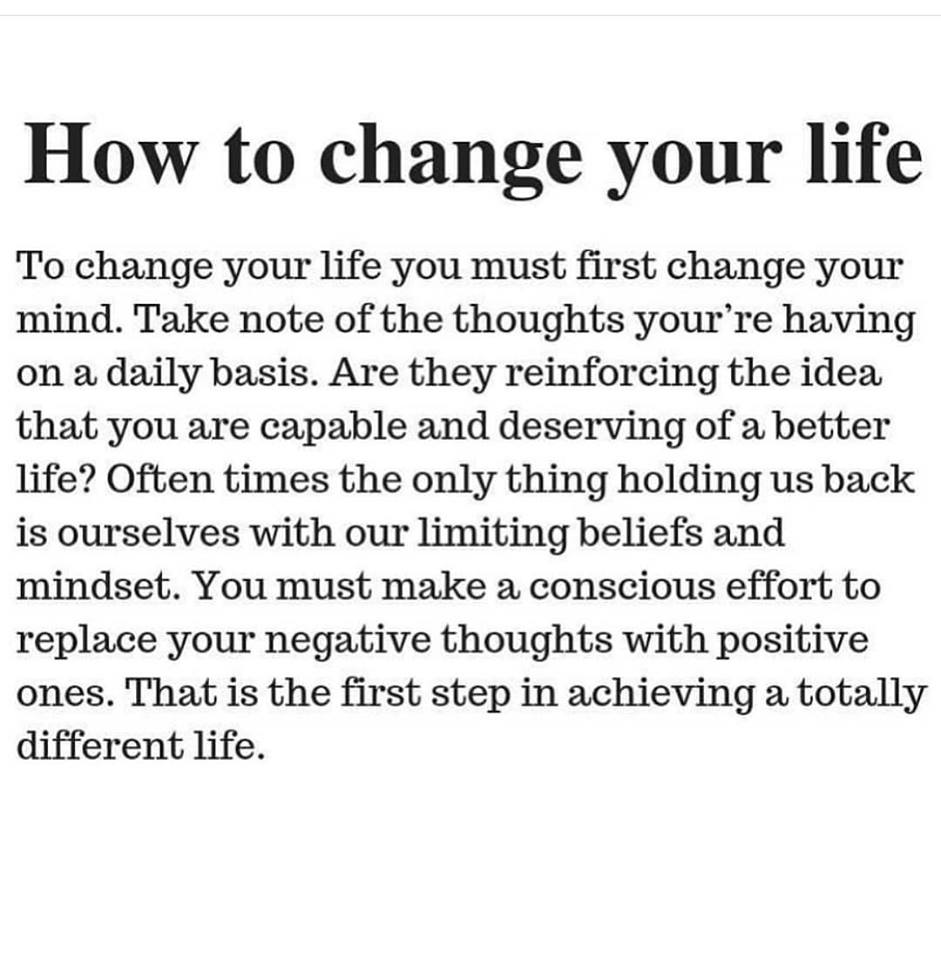4 Tips To Get Through Winter
At the start of a new year there is a lot pressure to get back into the usual daily routine after Christmas break. Winter can be an especially challenging time, but with a little effort it can be a successful month. Try these 4 tips to get through winter that will help reduce stress levels and encourage productivity. From learning a new skill to setting professional goals, these methods are simple yet highly effective approaches towards making sure you hit the ground running after the Christmas festivities.
1. Start a New Hobby
When it comes to life satisfaction, starting a new hobby can be incredibly rewarding. Not only does it open up the opportunity to gain knowledge, but it also sets you on the path to discovering and improving capabilities in other areas of life too.
Enroll in an art class or try a hand at knitting, these are two cosy skills for the cold, winter nights. Learn to play an instrument or join a sports club, these are rewarding hobbies that can impact your future in very positive ways, from meeting new friends to discovering talents you never knew you had.

Did You Know?
Studies demonstrate that drawing is known to reduce anxiety and helps regulate sadness, when used as a way to distract from negative thoughts and feelings.

2. Go for a Walk at Lunch
It’s important to find meaningful ways to spend lunch breaks while the sun is out and make the most of valuable time during the day. In January it’s dark in the mornings and dark by early evening so it’s difficult to get some sun rays. Some great options are taking a walk at lunch time or jogging around the neighbourhood or local park to soak in some vitamin D. Not only does this help you stay physically fit, but it can also be great for recharging mentally.
Vitamin D is known to play an important role in regulating mood and decreasing the risk of depression. Studies say the best time to get Vitamin D from the sun is between 10am and 3:30pm. Ideas and productivity will be flowing when returning back to work after that 3pm slump.

3. Eat Healthily
To stay healthy in the colder months, women are advised to aim for around 2,000 calories a day and 2,500 calories a day for men. This is the same as the recommended daily calorie intake, but it needs to increase slightly in order to keep warm during winter.
This time of year can be a difficult time to keep up with healthy eating habits, however, by learning some new skills in the kitchen, delicious and nourishing meals can make it easier to keep on top of this. Healthy eating helps the immune system to stay strong during winter and is great for both body and soul.

Winter Cooking Tips
Start your day with porridge which is filled with energy-boosting iron, and add sliced fruit to make it more flavoursome. Eat smaller but healthier meals by portioning them out by hand instead of emptying them out, which can leave you eating more than your body needs, making you feel lethargic. Cook and then freeze nourishing soups and stews to keep you warm and full during these dark days. Adding some ginger to can aid in warding off flues and colds.
Hand Portioning Guide:
– A portion of protein is 1 palm
– A portion of fat is 1 thumb
– A portion of vegetables is 1 fist
– A portion of carbohydrate is 1 cupped handful
– A snack portion, if needed, would be the complete size of 1 palm

4. Apply for that Job/Course
Job hunting can be a great start to the new year. It could be that change needed and there is no better time to start than in those first few months of the year. With the right preparation and guidance, it’s possible to make strides towards achieving this goal. Whether applying for a new position or wanting to explore potential courses, there are many options available. From researching job openings to preparing CVs and cover letters, begin with baby steps and work upwards.
Recruit Island’s blog Unlocking Your Potential in 2024 highlights some ways to do this. It could be the boost needed to start that new career journey. LinkedIn Learning, provides video courses taught by industry experts in software, creative and business skills and is a subsidiary of LinkedIn. All the courses on LinkedIn fall into four categories: Business, Creative, Technology and Certifications. It can be a great way to learn while working, with plenty of options to choose from.

Winter can be a challenging season, but with these 4 tips in mind, it can be navigated with ease and it is possible to find moments of joy in the midst of the cold and darkness. Self-care, staying active, embracing winter activities, maintaining a healthy diet, and setting new goals can create a sense of accomplishment. It will make it easier to not only survive winter but also thrive during this unique and beautiful season. So bundle up, stay positive, and make the most the time available.

























